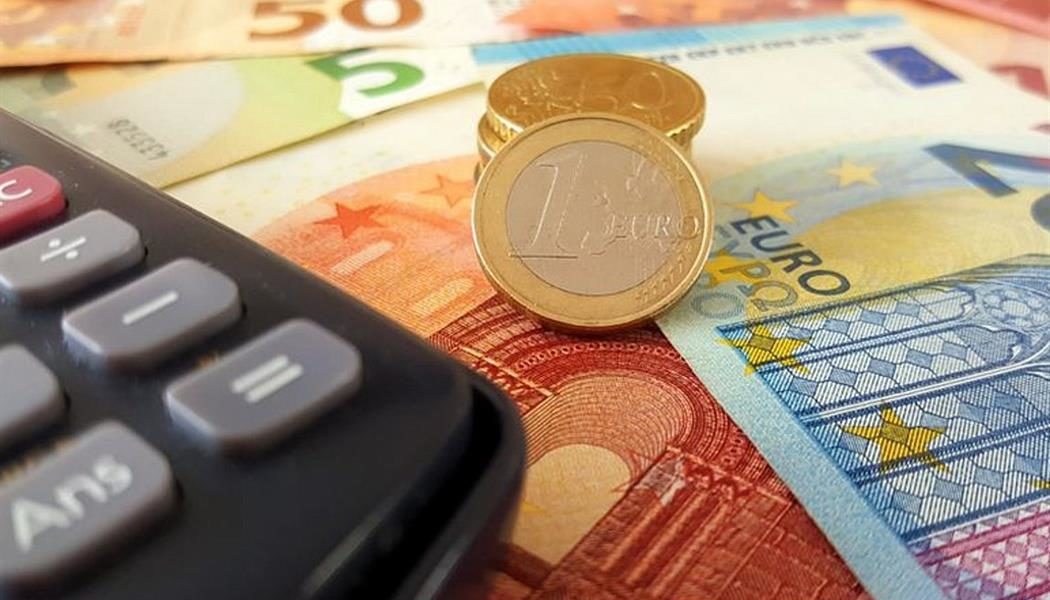According to the Hellenic Statistical Authority, the Greek inflation rate jumped to 8.9% in March this year, up from 7.2% in February and -1.6% from March last year.
Specifically, energy costs soared in the period from March 2021 to March 2022, with electricity prices up 79.3%, natural gas up 68.3%, and heating oil up 58.5%, which led to price increase in fuel/lubricants (29%), air transport (26.8%), and ship transport (16%).
The so-called housewife’s basket recorded prices increases in oil (19.9%), vegetable (13.6%), dairy/eggs (8.4%), fresh fruit (7.8%), bread/cereal (7.6%), meat (6.4%), coffee (5.4%), other food (5.1%), fish (3.5%), sugar/chocolate (3.4%), wines (2.7%) and mineral water/beverage/juices (2.3%).
Hotel prices rose 18.5%, used cars prices rose 11.5%, new cars rose 8.1%, furniture/home items were up 5.8%, clothing/footwear rose 6.5%, motorcycles rose 5%, tyres up 4.7%, restaurant/coffee up 2.1%, dental services rose 1.1% and hospital up 0.4%.
On a monthly basis, energy costs moved up, led by heating oil (18.3%) and electricity (4.6%), while natural gas prices eased 7.3%.
The statistics services attributed the 8.9% increase in the consumer price index in March to increases of: 8.1% in food/beverage, 0.4% in alcohol/tobacco, 6.5% in clothing/footwear, 29.9% in housing, 3.7% in durable goods, 15.4% in transport, 0.1% in entertainment, 0.9% in education, 2.8% in hotel/restaurants, 0.1% in other goods and services and to price declines in communications (-2.9%).
The consumer price index rose 2.7% in March from February 2022, while the harmonised inflation rate rose to 8% in March this year after falling by 2% in March 2021. In the period March-February 2022, harmonized inflation rose 2.7%.
Elsewhere, the Hellenic Parliament is to vote on a supplementary budget of 2.6 billion euros next Thursday, April 14, which was tabled as an amendment to a finance ministry bill on Friday.
The draft bill, which will incorporate a number of European directives into national law, began its second reading in a parliamentary committee on Monday.
The amendment increases the funds of the regular budget by 2.0 billion euros and the joint financing sections of the Public Investments Budget by 600 million euros.
This spending, according to the General Accounting Office report, is linked to “extremely urgent and emergency needs that arose due to the energy crisis.”
It also includes statutes that allow vehicle owners to pay circulation taxes only for the months that the vehicle is in circulation, without any penalty, and relieves farmers and fishermen in the normal VAT regime of the entrepreneurial fee.
READ MORE: CYPRUS: Grocery prices higher in Turkish-occupied territories.


